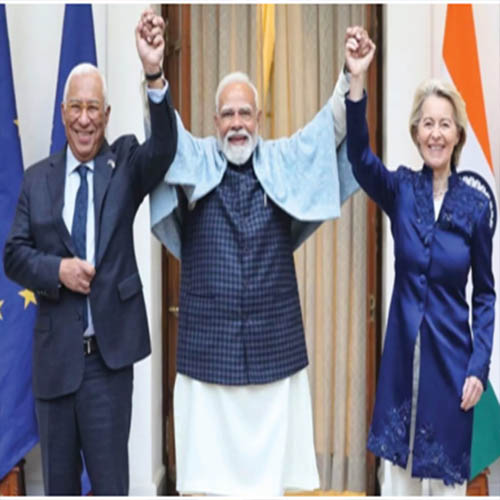
The decision follows India’s new Online Gaming Bill 2025, approved by both houses of Parliament, which bans all online money gaming to protect middle-class households from financial losses, with over ₹20,000 crore reportedly lost so far
Dream Sports, the parent company of fantasy sports platform Dream11, is reportedly planning to shut down its real money gaming (RMG) operations in India following the passage of the Online Gaming Bill, 2025, sources cited by Entrackr said. Staff were informed of the decision during an internal town hall held on August 20. The RMG segment reportedly contributes more than 67% of the company’s annual revenues.
The move comes in response to India’s newly enacted legislation that prohibits all forms of online money gaming, aiming to curb social and financial risks associated with such platforms. The bill, approved by the Lok Sabha on August 20 and the Rajya Sabha on August 21, seeks to safeguard middle-class households from gambling-related losses, with the Union Minister of Electronics and IT, Ashwini Vaishnaw, citing that over ₹20,000 crore has been lost by families due to online money games.
Shifting focus to non-monetary gaming and overseas expansion
According to sources, Dream Sports will pivot towards non-real money offerings such as Sportz Drip and Fancode while also strengthening its investments in platforms like Willow TV and Cricbuzz. The company is reportedly exploring expansion into overseas markets and new game formats, a strategy similar to that adopted by competitors such as Mobile Premier League (MPL).
The shutdown of the RMG business is expected to have a significant operational impact, potentially triggering cost-cutting measures, including layoffs, as most of Dream Sports’ workforce was engaged in real money gaming.
The Online Gaming Bill, 2025, defines online money games as games where players deposit money in exchange for the opportunity to win monetary or other rewards. Violations of the new law can result in imprisonment of up to three years or fines up to ₹1 crore for operators. Advertisers promoting such games may face penalties of up to two years in jail or fines up to ₹50 lakh. The bill also prohibits financial institutions from facilitating transactions for real money gaming, and bans related advertisements.
With the legal landscape shifting, India’s fantasy sports giant is now realigning its business model to focus on safer, non-monetary gaming formats and international growth, marking a major transformation for the country’s online gaming sector.
See What’s Next in Tech With the Fast Forward Newsletter
Tweets From @varindiamag
Nothing to see here - yet
When they Tweet, their Tweets will show up here.





























